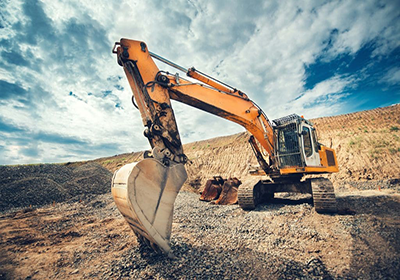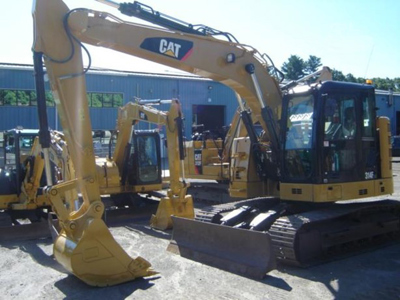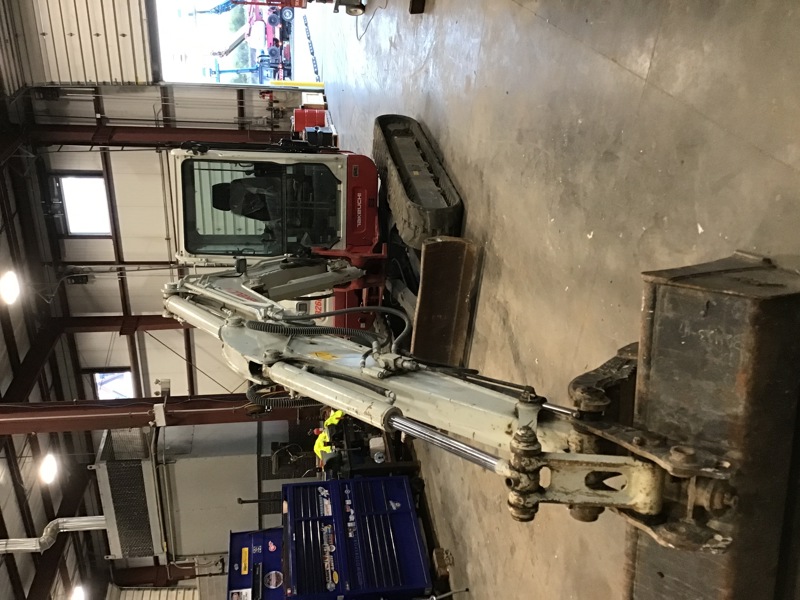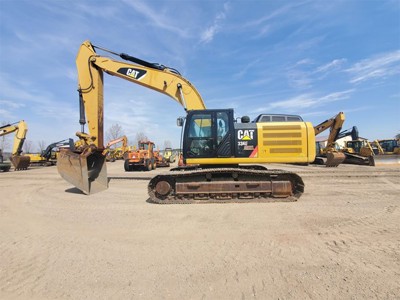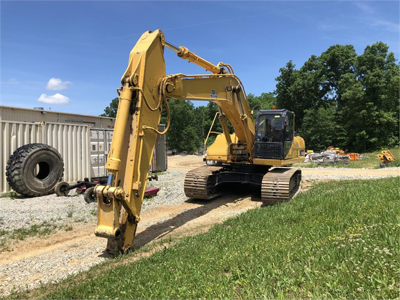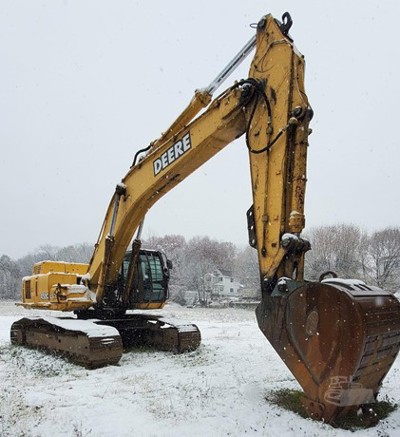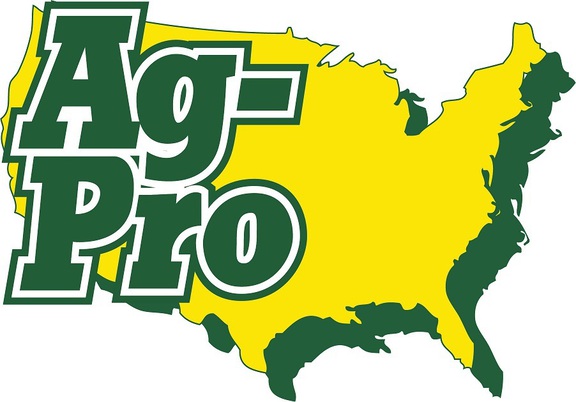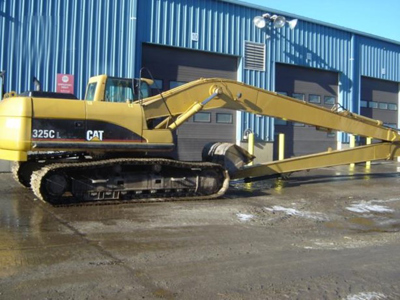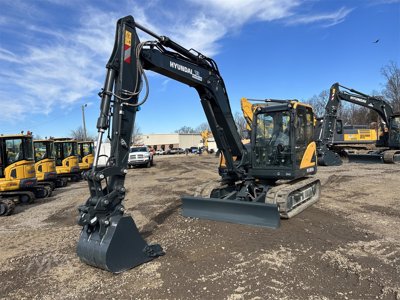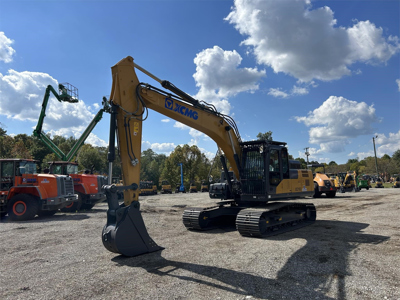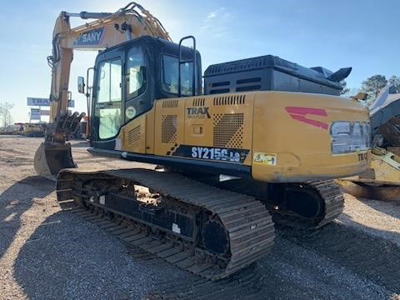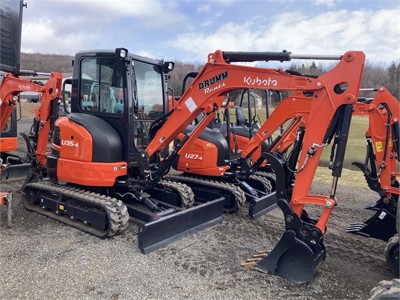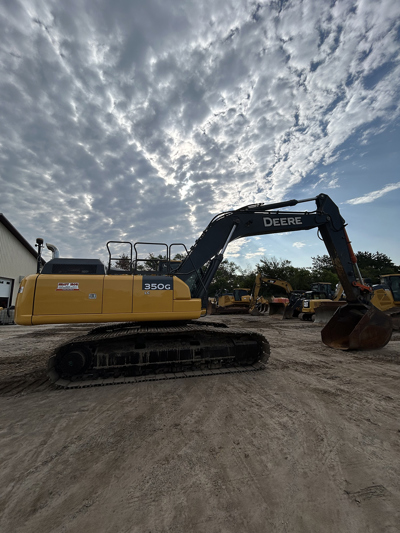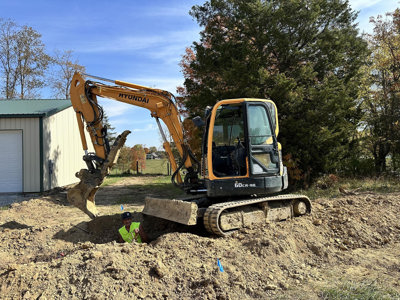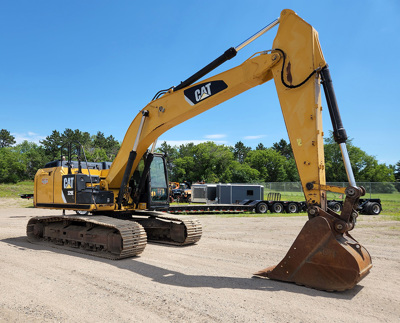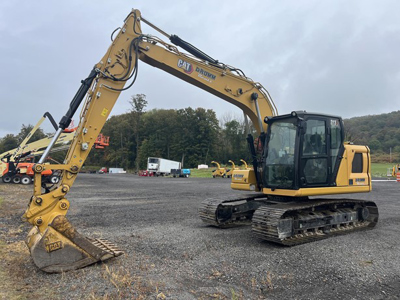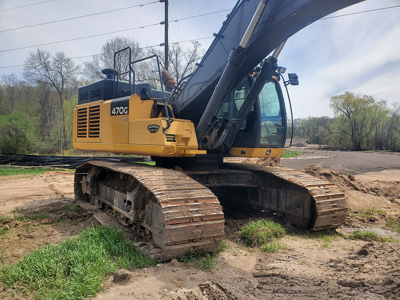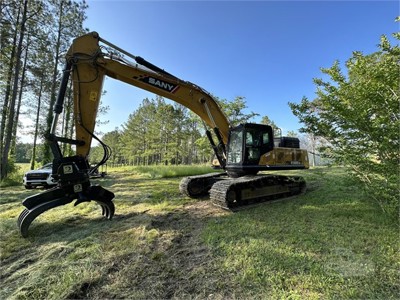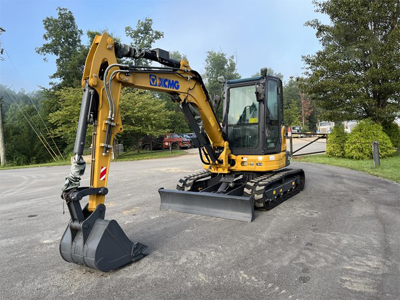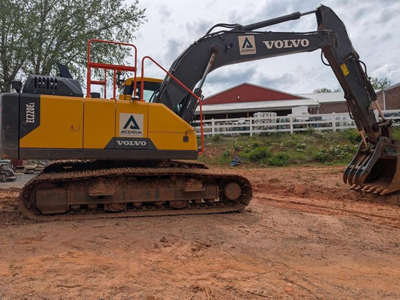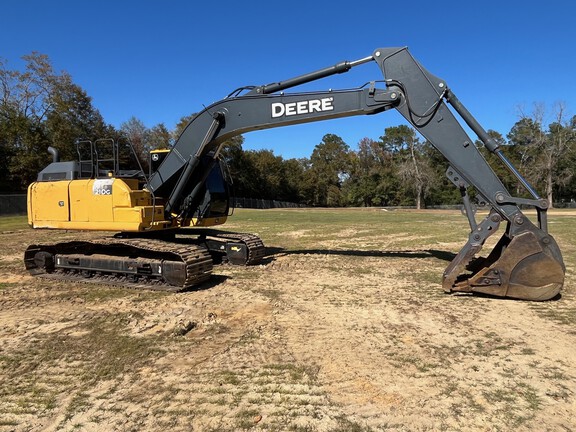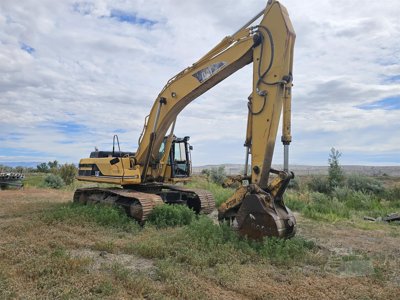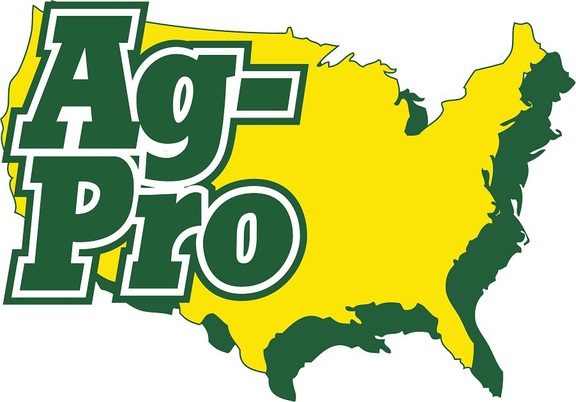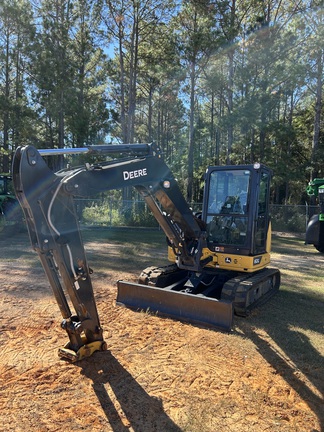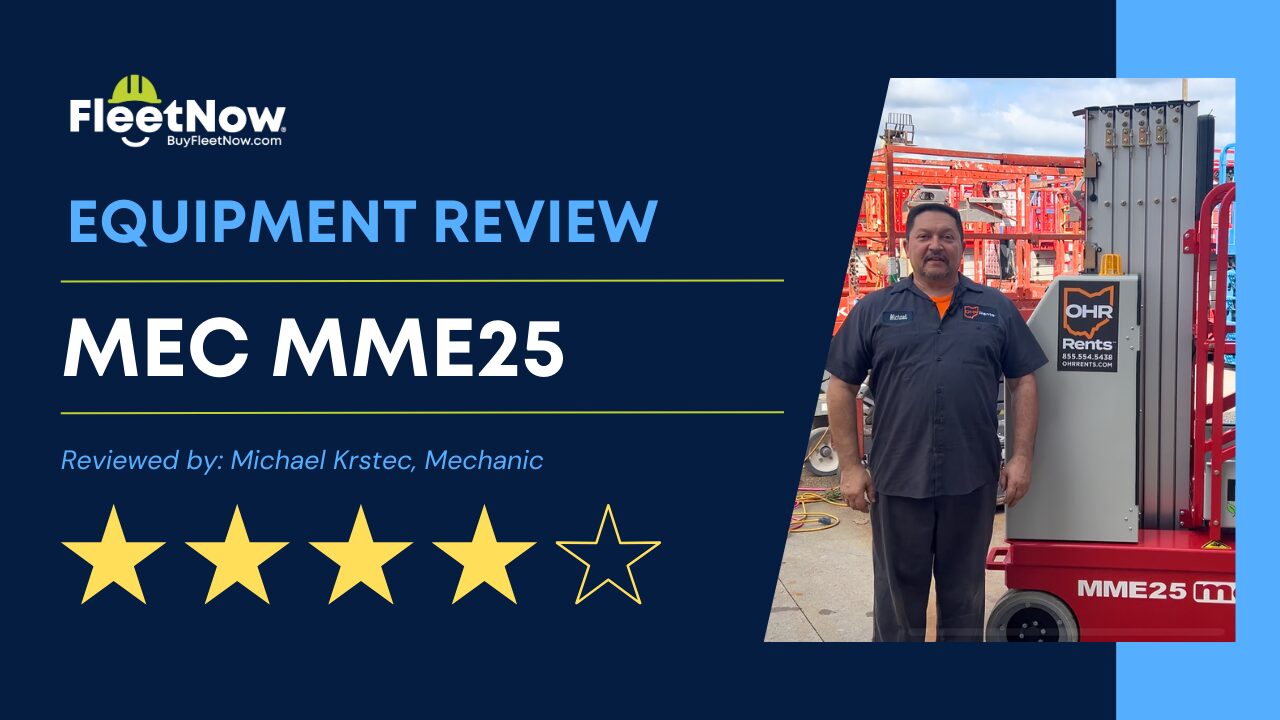What Kind of Jobs Can an Excavator Be Used For?
Excavators are versatile heavy construction equipment commonly used in a wide range of industries and applications. Some of the jobs they can be used for include:
Earthmoving: Excavators are primarily designed for digging and moving large quantities of earth, soil, sand, or other materials. They are often used in construction projects for digging foundations, trenches, and landscaping.
Demolition: Excavators equipped with specialized attachments like hydraulic breakers or shears can be used for demolition work, such as breaking down structures, removing debris, or dismantling buildings.
Mining: In mining operations, excavators are utilized for various tasks including digging pits, extracting minerals, and moving materials within the mining site.
Road Construction and Maintenance: Excavators play a crucial role in road construction projects by excavating trenches for drainage systems, digging embankments, and shaping the terrain. They are also used for road maintenance tasks like repairing potholes and removing debris.
Utility Installation: Excavators are commonly used for installing underground utilities such as water pipes, sewer lines, electrical cables, and telecommunications infrastructure.
What Are Popular Brands of Excavators for Sale?
What Is the Difference Between a Backhoe and an Excavator?
Although the two terms are often used interchangeably, there are some differences between a backhoe and an excavator. Excavators are usually larger than backhoes. Backhoes have a wider range of attachments than excavators, and so they can be used on a wider range of job sites. However, excavators have better capacity for digging, with the larger models having a longer reach and more bucket capacity than a backhoe. Excavators have the ability to pivot their chassis in place, so that the boom can be positioned anywhere in a 360 degree circle around the machine. Backhoes can swing and pivot their boom arms within a 200 degree arc, and otherwise rely upon adjusting the position of the machine to reach beyond that. While excavators lack the wide range of attachments available to backhoes, a number of attachments are available, making the machine useful for other projects beyond excavation.
How Much Does a Used Excavator Cost?
Reliable used excavators can often be found for half the original price, with decent choices being available for between $50,000 and $250,000. Size, engine type, and the number of units for sale all affect the price you can pay to buy used. New excavators can be found ranging in price from $100,000 to $500,000, or even more for the truly enormous models. Purchasing a carefully maintained used excavator can be a good addition to the equipment of nearly any contractor.
How Many Hours Does an Excavator Last?
The lifespan of an excavator typically ranges from 10,000 to 20,000 hours of operation with proper maintenance. Some models may last even longer, surpassing 30,000 hours or more. Regular maintenance and careful operation are key factors in prolonging the machine’s lifespan.

Why Should I Buy a Used Excavator?
Besides the obvious cost savings, many equipment dealers and suppliers are finding it difficult to obtain new equipment to keep up with demand. Supply chains have been affected by disruptions in the shipping networks and by the dislocations of the COVID pandemic. A used excavator can be a reliable and solid choice for nearly any contractor.
What Should I Consider When Buying a Used Excavator for Sale?
When purchasing a used excavator, several factors require consideration to ensure a wise investment. First and foremost, assess the overall condition and maintenance history of the machine. Look for signs of wear and tear, leaks, and damage, and request maintenance records to gauge its upkeep. Additionally, take note of the number of hours the excavator has been operated, as high-hour machines may necessitate more frequent maintenance. However, a well-maintained excavator with higher hours can still offer reliability. It’s crucial to inspect the age and model of the excavator, weighing the benefits of newer features against the potential value of a well-maintained older model. Conduct a thorough inspection or enlist a qualified mechanic to examine the machine, ensuring its components are in good condition. Consider any additional attachments or accessories included with the excavator and verify their compatibility with your needs. Research the reputation and track record of the dealer or seller, and compare prices in the market to ensure a fair deal. Evaluate your specific requirements and intended use for the excavator, testing its performance and operation under different conditions.
How Much Does It Cost to Ship an Excavator?
According to Fleet Up Transport’s Todd Kortowich, a compact excavator like a John Deere 60G, weighing around 11,000 pounds, will cost about $2.75 per mile in 2023.
Video: Operating a CAT Excavator
Recent Equipment News
MEC MME25 Review: Specs, Features & Industry Perspective
MEC MME25 Review: Specs, Features & Industry [...]
Construction Equipment Trends 2025: Inside Q1–Q2 Demand & What It Means for You
Table of Contents Top 10 Categories Q1 vs [...]
FleetNow Announces Elijah Dollarhide as 2025 Construct Your Future Scholarship Winner
FleetNow Announces Elijah Dollarhide as Construct Your Future Scholarship [...]

